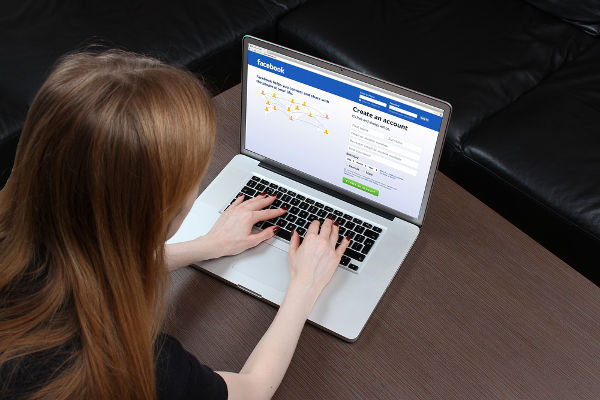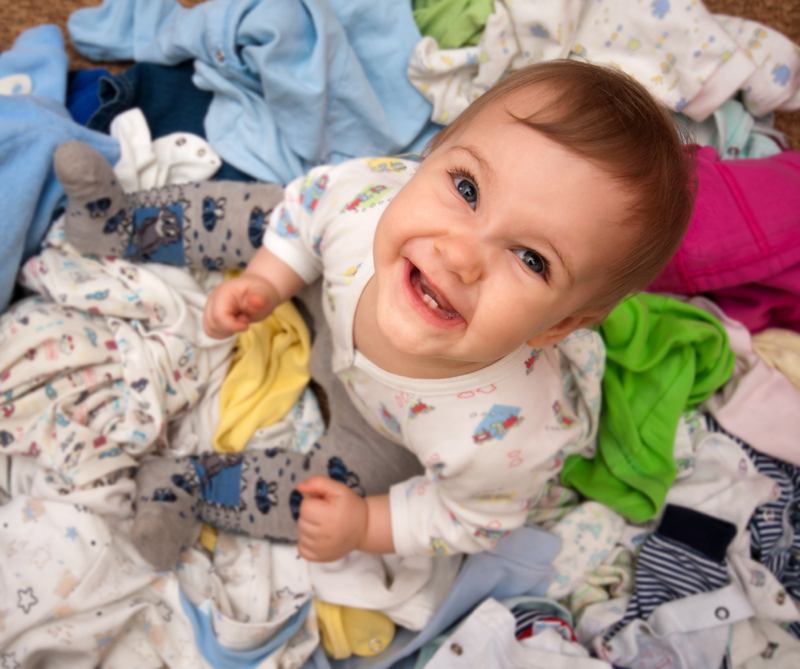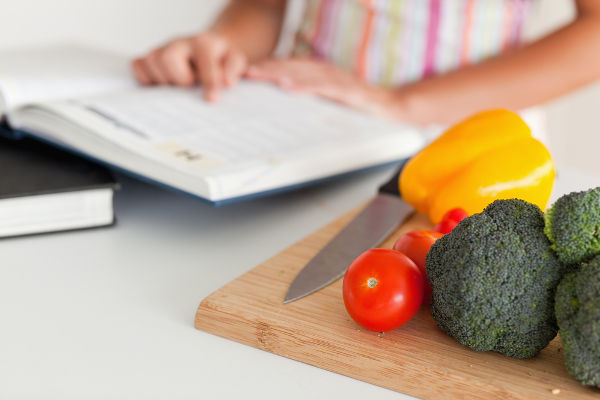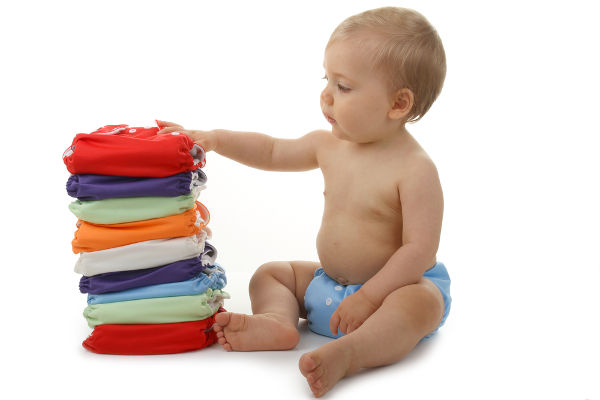Did you know, it is now estimated that on average it costs parents a whopping £229, 251 to raise a child until the age of 21 (Source – Centre For Economic and Business Research)? That’s only slightly less than the current average house price in the UK. And whilst the economy may be making a slow recovery from the financial woes of recent years, most people are still feeling the pinch, which is why for many of us, the costs of having children can be daunting. Thankfully, you don’t need to rush out and take out a second mortgage the moment you see those blue lines on the pregnancy test, there are plenty of ways you can save money on the essentials your child will need.
1) Join Local Facebook Groups

Picture Credit: Ttatty / Shutterstock.com
Facebook has grown immensely since its early days as a way of university students to keep in touch. Today it not only hosts personal profiles, but those of local businesses, entertainers, and support groups. In addition, it is packed with local selling groups where you can grab a bargain. Have a search for “Baby Items (Your Town / County) and you will undoubtedly find a number of groups to join. Mumblog contributor Emma writes, “I’m a member of four or five different groups in a very rural area and I see lots of items for sale. I’ve saved a fortune on clothes and toys for my son and being only two he doesn’t care where they came from.”
Don’t be put off by the fact that the items are second hand, especially when it comes to clothing. Remember, babies grow very fast and that adorable outfit you paid £20 for in a “newborn” size may only fit for two to three weeks at the most. Look for bundles of clothes for sale, the chances are they contain items that have either never been worn or only worn once or twice.
2) Check Out Your Local NCT

The National Childbirth Trust is the UK’s largest parent support charity with branches across the country. As well as providing ante-natal classes, a helpline, breast-feeding support, and mother and baby groups, most of the branches of the charity hold regular Nearly New Sales.
These sales allow parents to sell items their children have grown out of, with everything you might need available, including clothes, Moses baskets, pushchairs, toys, books, and even maternity clothing. You can register to sell any items you might have, and a portion of the profits goes to the NCT. You can also join as a Member and receive priority entry to the sales, making sure you don’t miss a bargain.
3) Shop Around

Be savvy when it comes to shopping for your child. Research the items you want and the best prices for them (Check out our product guide for new-borns here). You probably don’t need a designer changing mat or a baby bath with flashing lights that costs around £50. Your baby won’t know any difference and you won’t be using them for long. Instead go for a cheaper option. Make a budget and stick to it. If you see an item you want, have a look online to see if there is anywhere selling it for less. When it comes to big ticket items, such as pushchairs, you could save around £100.
4) Plan Your Meals

It’s so easy to head to the supermarket and throw items in the trolley in the hope that you have got enough to make meals for a week, especially when you have got two uncooperative children in tow. According to Love Food, Hate Waste, in the UK we throw away seven million tonnes of food every year. You can cut down on this waste by making a meal planner before you shop.
Decide what you are going to have for breakfast, lunch, and dinner each day and make a list of all the items you need to buy for them, plus any household extras you might need. At the supermarket, stick to the list and be wary of any offers as these encourage you to buy more (and therefore pay more) than you need. Not only will this help you reduce waste, but you will save money as well as you are only buying what you really need.
If cooking is not one of your strongest skills, there are plenty of websites available with healthy dishes that are easy to prepare as well as being cheap. We love Feed Your Family – a site by parents with lots of ideas and inspiration.
5) Check Your Entitlement To Tax Credits & Benefits

You may be missing out on benefits and tax credits that you are entitled to, in particular for support with childcare, which can cost hundreds of pounds per month. According to the Joseph Rowntree Foundation, in 2011 – 2012 £3.29 billion in Working Tax Credit and £1.19 billion in Child Tax Credits were not claimed by people entitled to them. Make sure you are not missing out by checking your entitlement for tax credits and benefits.
6) Switch Your Energy Supplier

When did you last change energy suppliers? Sadly, when it comes to our utilities, in general our loyalty isn’t rewarded and instead you could be missing out on hundreds of pounds a year in savings. OFGEM, the UK’s energy regulator, has put together a list of accredited energy supplier switching websites that allow you to be confident about finding the best deal for you.
7) Consider Going Green With Nappies

With parents spending between £300 and £400 a year on disposable nappies in their child’s early years, it’s easy to see where the pennies are spent. Reusable cloth nappies offer an environmentally friendly alternative and the potential to save you hundreds of pounds. A typical starter kit for cloth nappies costs around £100 – £200, considerably less than the £800 typically spent by parents on disposables until their child is potty trained. Of course, you need to factor in the extra laundry, which will offset some of the savings, but the costs are still considerably less.
In addition, you will be doing your bit to reduce landfill. Products have moved on from the cloth nappies your parents may have used, fastened with a giant safety pin. These days they tend to have button or velcro fastenings that are adjustable as your child grows, and no complicated folding is required as modern cloth nappies are closer to disposables in shape. Some have separate waterproof outer layers, whereas others are all-in-one.
Unfortunately, there are some downsides. The initial set up cost can be off-putting if money is tight on a monthly basis. They are not as absorbent as disposables and need changing more regularly. Your laundry load will increase and you will have to carry used soggy nappies with you when out and about, so all of this is worth considering before you buy!




